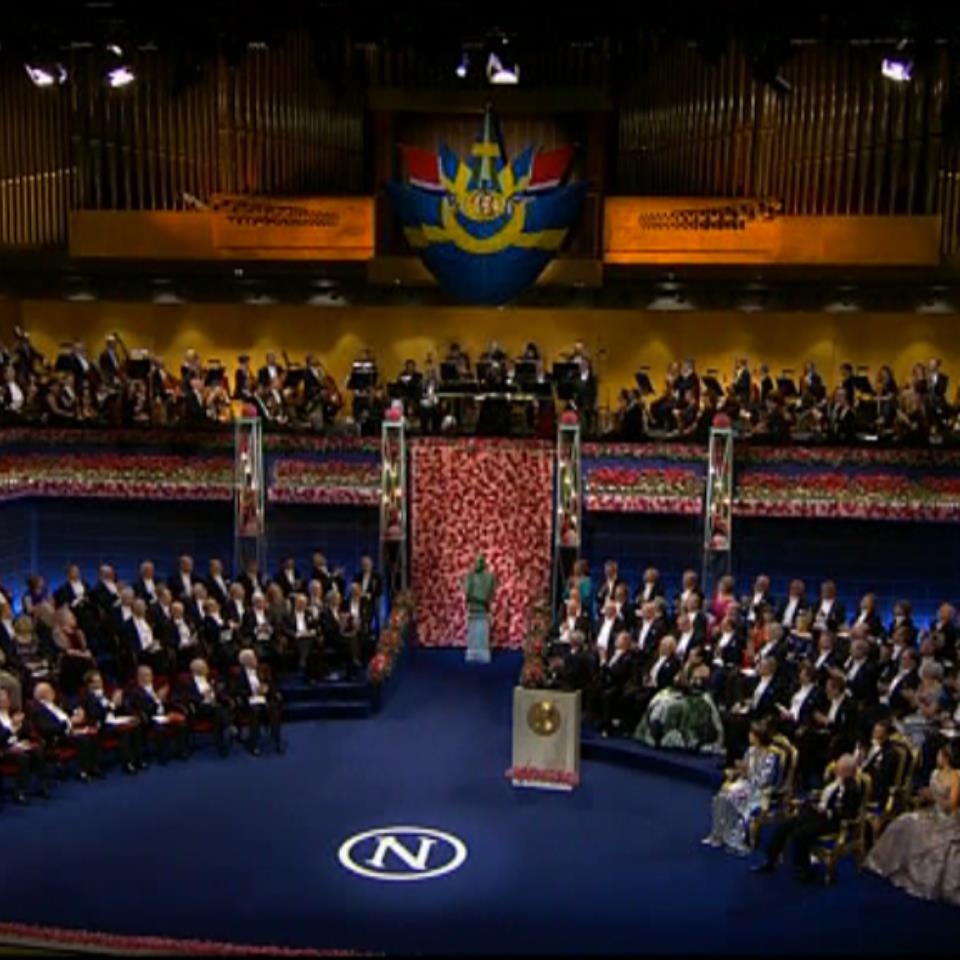Those for Literature and Peace are the two that raise the most expectations and generate the greatest number of advance speculations and assumed favorites, and will be announced on October 5 and 6 respectively.
The Medicine Prize opens the winners’ round this Monday and will be followed on consecutive days and in this order by those for Chemistry, Physics, Literature, Peace and Economics.
Those of Literature and Peace are the two that raise the most expectations and generate the greatest number of previous speculations and supposed collections of favorites.
Authors such as the French Michel Houllebecq, the Chinese Can Xue, the Norwegian Jon Fosse, the American Thomas Pynchon, the Japanese Haruki Murakami, the Russian Liudmila Ulítskaya, the British Salman Rushdie and the Australian Gerald Murnane are some of the names heard in Stockholm to succeed the French Annie Ernaux on the Literature honors list.
Without a clear favorite, the peace predictions mention Pope Francis, China’s Ilham Tohti, the World Health Organization (WHO), Belarusian Svetlana Tijanóvskaya and Russia’s Alexei Navalny, among others.
Calendar
October 2: Medicine
October 3: Physics
October 4: Chemistry
October 5: Literature
October 6: Peace
October 9: Economy
December 10: awards ceremony in Stockholm and Oslo (Peace)
Controversy over the war in Ukraine
The Nobel Foundation announced early this month that it would invite ambassadors from all countries to this year’s awards ceremony to restore the tradition, which was broken in 2022 in response to Russia’s military intervention in Ukraine, and give the award maximum reach . .
But the “strong reactions” in Sweden, including threats of a boycott of several political parties, together with complaints from the Ukrainian government, caused this institution to withdraw, although the Russian and Belarusian ambassadors will be able to attend, as will last year. , until the ceremony in Oslo, where only the Nobel Peace Prize is awarded.

Alfred noble
Alfred Nobel (1833-1896), a Swedish magnate who became a millionaire with inventions such as dynamite, decided in his time that the Peace Prize would be presented and awarded in Oslo, as Norway was then part of the Kingdom of Sweden.
The famous inventor decided to leave his fortune to promote awards that recognized achievements in various fields of knowledge, literature and the struggle for peace, and for this purpose created five categories: medicine, chemistry, physics, literature and peace; The award for economics was only established by the Bank of Sweden in 1968.
In his will, the Swedish magnate ordered that his money be invested in real estate securities and insurance, and that the interests be divided equally to reward personalities and institutions regardless of their nationality.
Since it was first awarded in 1901, the Nobel Prize, which has been awarded 49 times, has recognized 954 people and 27 organizations, some multiple times, such as the International Committee of the Red Cross or the Polish-French scientist Marie Curie. .
He male domination The award’s track record is overwhelming: only 6.4% of winners are women and of the sixty winners to date, more than half (31) have been so in the past twenty years.
There were two winners in the last edition: the French Annie Ernaux (Literature) and the American Carolyn R. Bertozzi (Economics).

Despite their marginalization, women hold the record for the youngest winner in any category, Pakistan’s Malala Yousafzai, who received the Peace Prize in 2014 at the age of 17; and have it inside Marie Curie a unique case.
Curie won the prize for physics in 1903, shared with her husband Pierre and Henri Becquerel, and the prize for chemistry alone in 1911; while his daughter Irène Joliot-Curie took the latter in 1935 together with her husband, Frédéric Joliot, for half.
Process and rewards
All prizes follow a similar selection process: scientists, academics or university professors nominate their candidates and the various Nobel committees set different criteria to choose the winner or winners, a maximum of three per category.
And they have the same financial allocation, this year 11 million Swedish kronor (947,000 euros, 997,000 dollars).
Source: EITB
I’m Wayne Wickman, a professional journalist and author for Today Times Live. My specialty is covering global news and current events, offering readers a unique perspective on the world’s most pressing issues. I’m passionate about storytelling and helping people stay informed on the goings-on of our planet.



